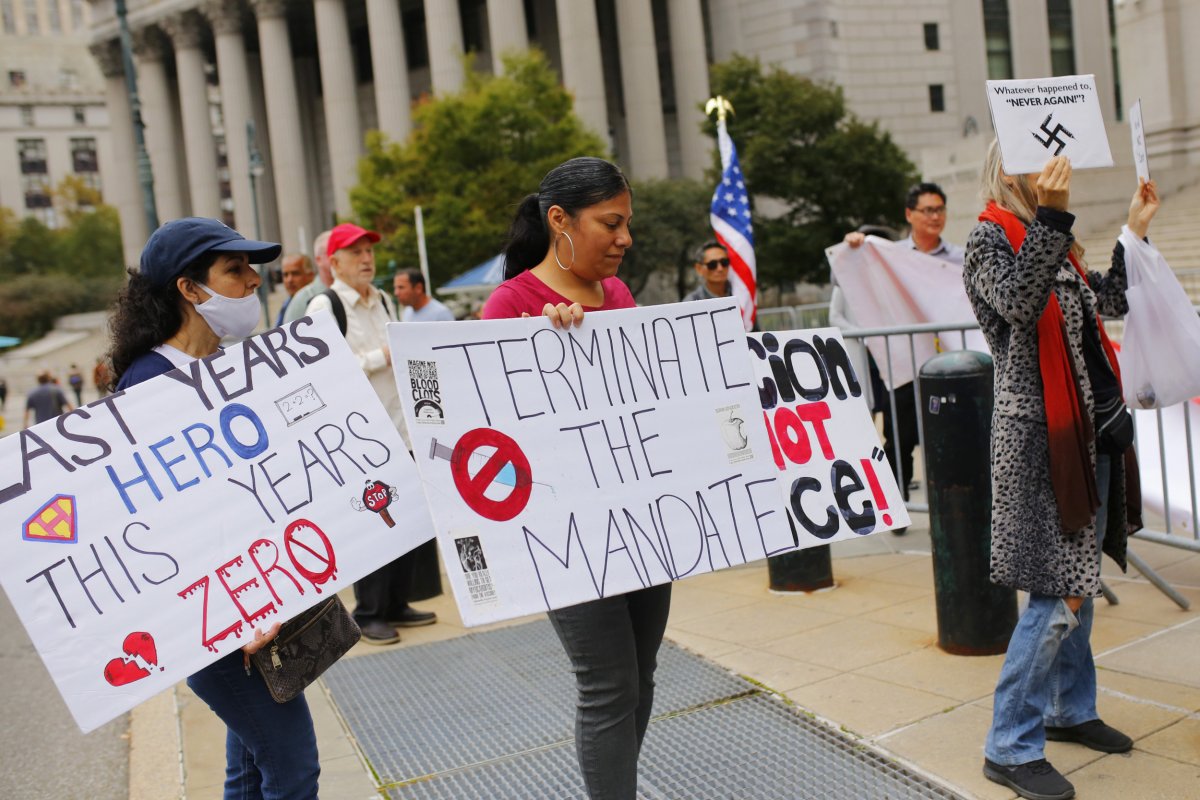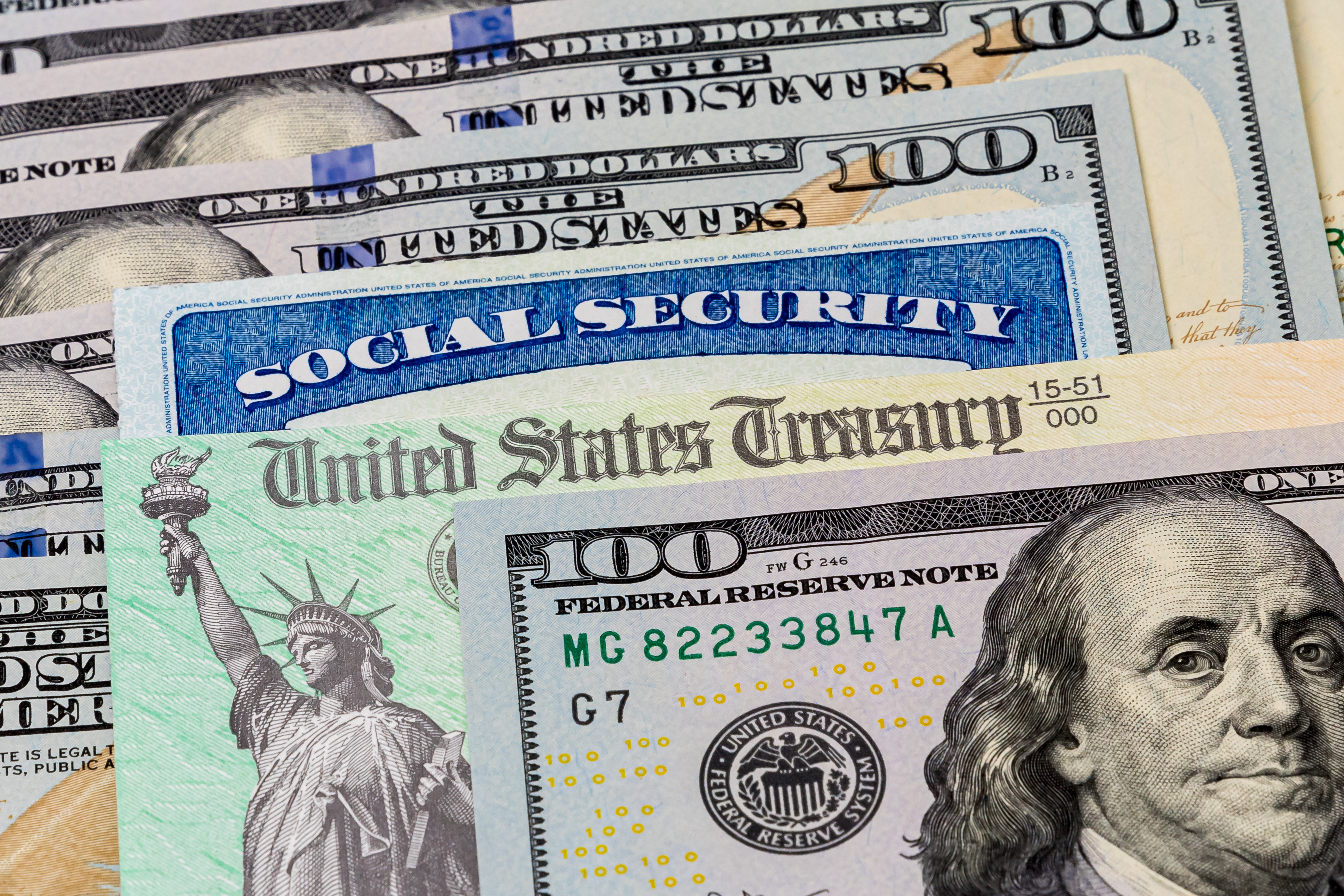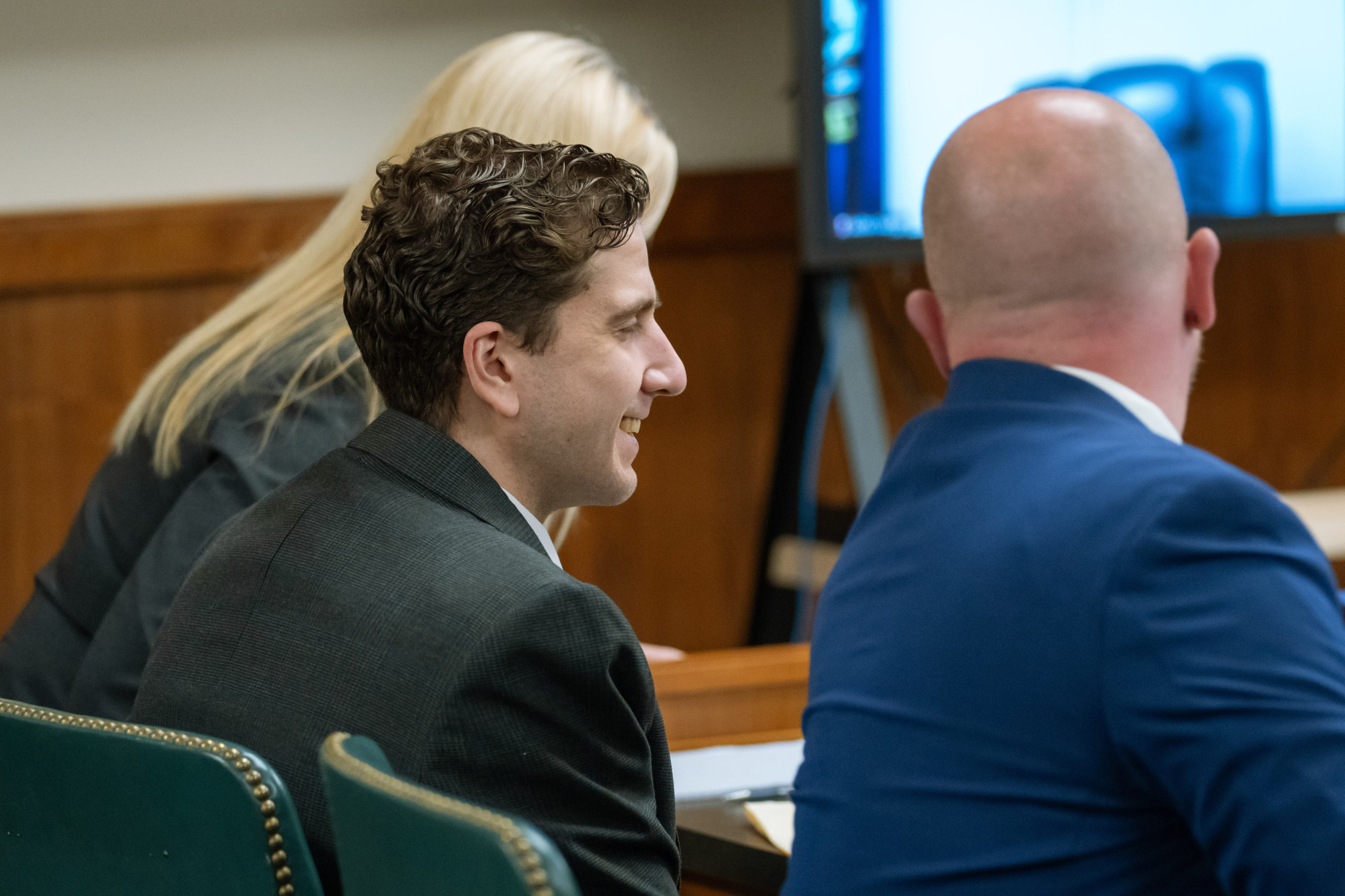The U.S. Supreme Court dealt another blow to opponents of COVID-19 vaccine mandates on Tuesday in the latest sign that the Court is not willing to strike down the public health requirements.
Associate Justice Stephen Breyer, the most senior member of the Court's liberal wing, rejected a religious challenge to a COVID-19 vaccine mandate due to be implemented in Maine.
The unnamed plaintiffs identified themselves as healthcare workers who objected to getting vaccinated on religious grounds, and made an emergency appeal for an exemption after the 1st U.S. Circuit Court of Appeals dismissed an earlier emergency appeal.
The Maine mandate opponents had sought to block the requirement but a federal court rejected their challenge on October 13 and they appealed to the 1st Circuit where a three-judge panel declined to grant emergency relief.
However, the appeals court moved to fast-track arguments in the case. The healthcare workers applied to the Supreme Court for an emergency ruling.
It is not uncommon for plaintiffs to seek an emergency order while a court is still considering the merits of their case. Breyer is the justice who oversees emergency appeals from the 1st Circuit.
His brief order said: "The application is denied without prejudice to applicants filing a new application after the Court of Appeals issues a decision on the merits of the appeal, or if the Court of Appeals does not issue a decision by October 29, 2021."
Maine's vaccine mandate for healthcare workers is due to take effect on October 29 and shortly after Breyer's ruling, the 1st Circuit ruled against the healthcare workers. They can now appeal the decision to the Supreme Court but recent decisions by the justices suggest they may not be successful.
Breyer's order is the third time Supreme Court justices have ruled against COVID-19 vaccine mandate opponents this year and the decisions have cut across ideological lines.
Associate Justice Sonia Sotomayor, a liberal, refused to block a vaccine mandate for New York public school teachers on October 1 and Associate Justice Amy Coney Barrett, a conservative, declined to block a mandate at Indiana State University in August.
Breyer's order is the first time the Court has weighed in on a statewide COVID-19 vaccine mandate and will likely be seen as yet another indication that the justices are not willing to revisit longstanding precedent established in 1905's landmark Jacobson v. Massachusetts and reaffirmed in 1922's Zucht v. King.
In Jacobson, the Court ruled 7-2 that that a state had the authority to enforce laws on mandatory vaccination. The vaccination in question was against smallpox.
The Supreme Court may not wish to relitigate such an old precedent and opponents of vaccine mandates have so far failed to convince three of the Court's members to block mandates.

Uncommon Knowledge
Newsweek is committed to challenging conventional wisdom and finding connections in the search for common ground.
Newsweek is committed to challenging conventional wisdom and finding connections in the search for common ground.
About the writer
Darragh Roche is a U.S. News Reporter based in Limerick, Ireland. His focus is reporting on U.S. politics. He has ... Read more
To read how Newsweek uses AI as a newsroom tool, Click here.








